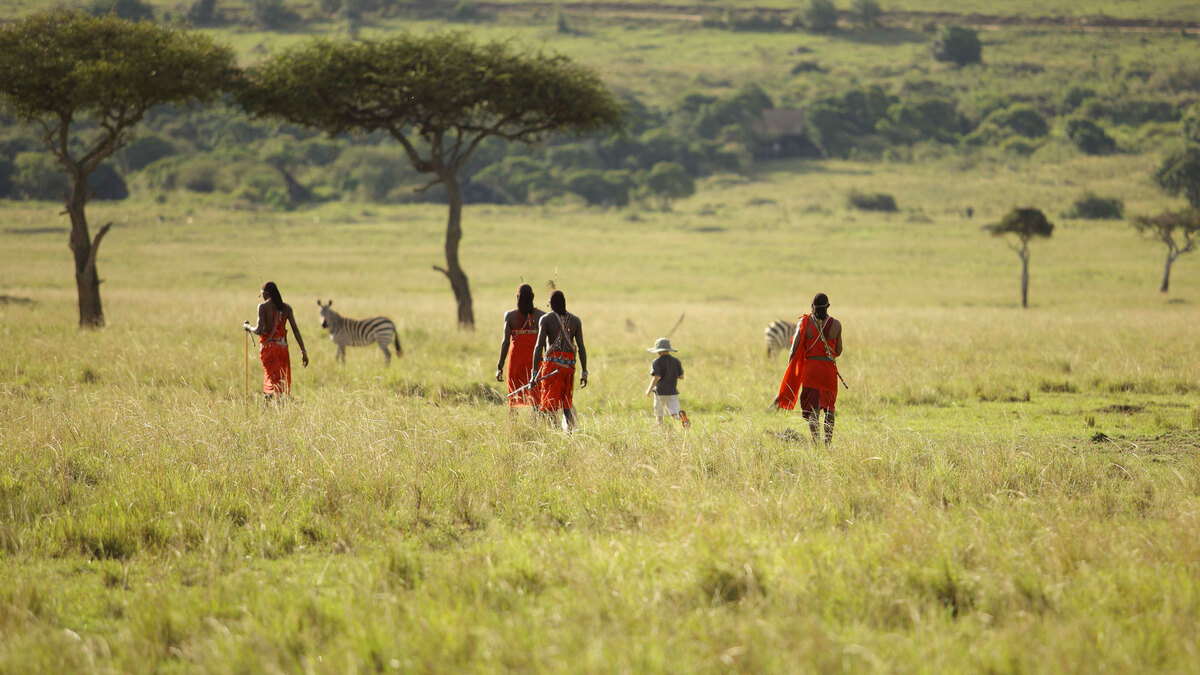Table of Contents
- Introduction – Why Responsible Tourism Matters
- What Is Responsible Tourism?
- The Link Between Tourism and Wildlife Protection
- Community Benefits from Responsible Travel
- Examples of Responsible Tourism in Kenya
- How You Can Be a Responsible Traveler
- Plan Your Responsible Safari with Tour Afrique Orientale
1. Introduction – Why Responsible Tourism Matters
Kenya is famous for its iconic wildlife — from the Big Five to endangered species like the black rhino. But these natural treasures face threats such as poaching, habitat loss, and climate change. Responsible tourism is a powerful tool that not only sustains Kenya’s wildlife but also uplifts the communities that protect them.
2. What Is Responsible Tourism?
Responsible tourism means traveling in ways that:
- Protect the environment and biodiversity
- Support local communities economically and culturally
- Promote ethical wildlife interactions
- Minimize negative impacts on ecosystems
3. The Link Between Tourism and Wildlife Protection
Tourism is a major source of funding for Kenya’s conservation programs. Every park fee, lodge booking, and safari activity contributes to:
- Anti-poaching patrols and ranger salaries
- Wildlife research and monitoring
- Habitat restoration projects
- Protection of endangered species like cheetahs and wild dogs
When visitors choose ethical tour operators, their money directly supports these initiatives.
4. Community Benefits from Responsible Travel
Wildlife conservation is most successful when local communities benefit. Responsible tourism:
- Creates jobs as guides, trackers, and hospitality staff
- Funds schools, clinics, and infrastructure
- Encourages locals to protect wildlife instead of exploiting it
- Supports cultural heritage preservation through traditional crafts and performances
5. Examples of Responsible Tourism in Kenya
- Ol Pejeta Conservancy – Home to the last two northern white rhinos, funded largely by visitors.
- Masai Mara Conservancies – Land leased from Maasai families provides wildlife corridors and income.
- Lewa Wildlife Conservancy – Combines luxury safaris with conservation education for local children.
6. How You Can Be a Responsible Traveler
- Book with eco-certified tour operators
- Avoid activities that exploit wildlife (e.g., elephant rides)
- Respect park rules and keep a safe distance from animals
- Buy locally made souvenirs to support artisans
- Limit waste and plastic use during your safari
7. Plan Your Responsible Safari with apese tours.
At apese tours</strong>, we design safaris that balance unforgettable wildlife encounters with a commitment to sustainability. Whether you dream of tracking rhinos in Laikipia or witnessing the Great Migration in the Masai Mara, your trip can help protect Kenya’s natural heritage.
📍 Related Safari Package: Kenya’s Ultimate Safari

